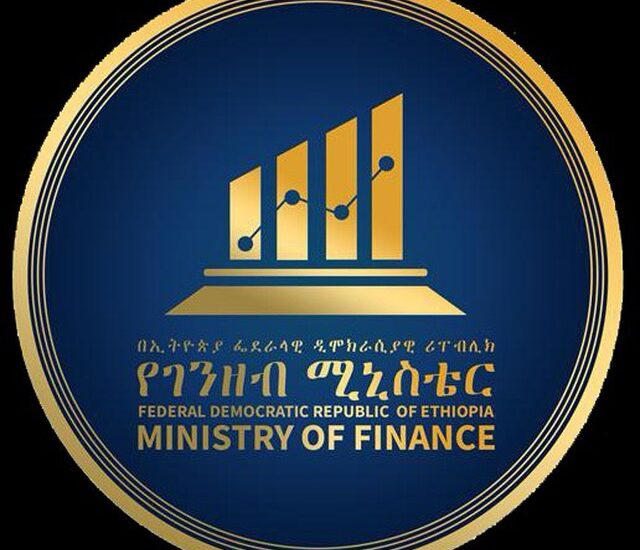Draft Investment Incentive Regulation Proposes Major Shift from Tax Exemptions to Deduction-Based Incentives
- October 19, 2025
- Posted by: admin
- Categories: Featured Articles, Investmnet

Addis Ababa — The Ministry of Finance has released a new draft regulation introducing a fundamental change to Ethiopia’s investment incentive framework. The proposed regulation aims to replace the long-standing system of multi-year income tax exemptions with a streamlined, deduction-based approach.
Under the draft Investment Incentive Regulation, complete income tax exemptions—previously granted for up to six years—will be eliminated. Instead, investors will receive income tax deductions ranging from 5% to 15% on taxable income, depending on the nature, location, and sector of the investment.
Key Policy Changes
According to the draft, the new incentive regime seeks to align Ethiopia’s investment climate with international best practices by emphasizing transparency, accountability, and results-based incentives.
Income Tax Deductions: Replacing blanket exemptions, investors will receive 5%–15% deductions tied to specific investment sectors and operational regions.
Special Economic Zones (SEZs): Developers and sub-developers investing at least USD 75 million in SEZ projects will qualify for a 5% income tax reduction for ten years.
Regional Focus: Industries established outside Addis Ababa and Sheger City will receive a 5% reduction for fifteen years and be exempt from dividend tax for five years and alternative minimum tax for ten years.
Sector-Specific Incentives
The proposed framework introduces differentiated tax benefits to attract investment in high-impact sectors:
Pharmaceuticals & Chemicals: 15% income tax reduction for eight years.
Agricultural Processing & Mechanized Farming: 15% reduction for six years.
Basic Metals, Auto Parts & Electrical Equipment: 15% reduction for six years.
Electricity Generation & Distribution: 15% reduction for six years.
Startups: 5% income tax reduction for ten years and dividend tax exemption for five years.
Environmental and Innovation Incentives
To promote sustainable and innovative investments:
Companies participating in carbon emission trading accredited by the Environmental Protection Authority will enjoy a 15% business profit tax rate for ten years.
Investors utilizing at least 50% renewable energy in their operations will pay 15% business profit tax for five consecutive years.
Businesses engaging in scientific research connected to their operations may deduct research expenses from taxable income.
Implementation and Taxation Framework
The calculation of income tax deductions will begin from the date of business license issuance or operational commencement, whichever occurs first.
The draft also includes a one-time investment capital allowance for investors who commit at least USD 1 million, allowing them to deduct a percentage of their capital asset costs.
The regulation further stipulates that incentives related to the importation of vehicles for investment purposes will be governed by a separate directive from the Ministry of Finance based on the project’s type and scale.
Policy Rationale
The Ministry emphasizes that the current incentive system lacks performance linkage, providing tax benefits without ensuring measurable outcomes. The new approach seeks to:
Align incentives with priority, high-capital sectors that contribute directly to economic growth. Implement a results-based system that ties benefits to tangible outputs. Enhance transparency, simplicity, and accountability across all incentive mechanisms.
This initiative is grounded in Article 17 of Investment Proclamation No. 1180/2012 and Article 129(6) of Customs Proclamation No. 859/2006 (as amended). It also extends to investments in mining, oil, natural gas, and geothermal energy, ensuring consistency across major industries.
